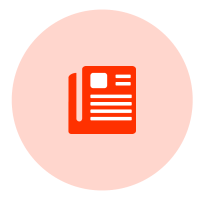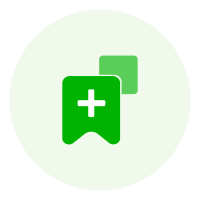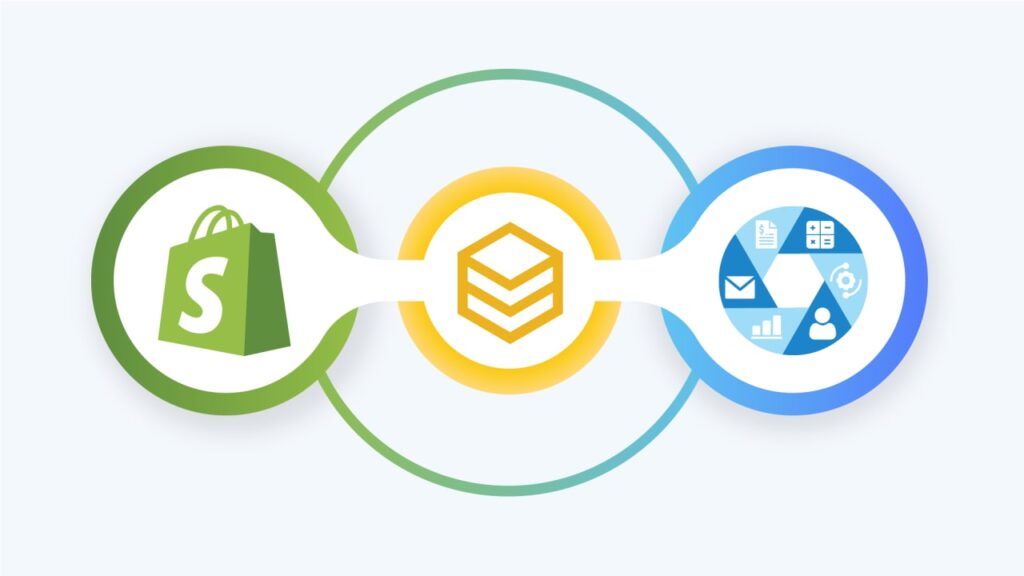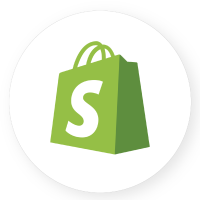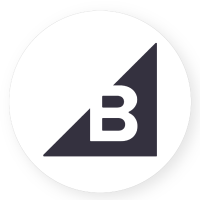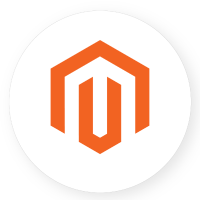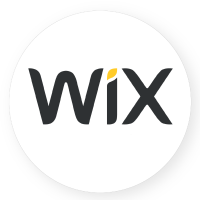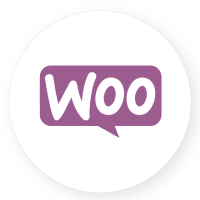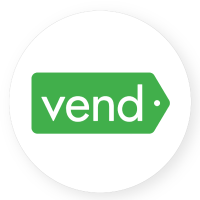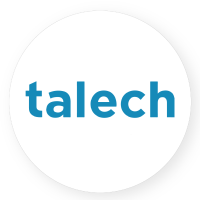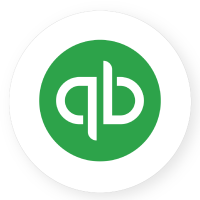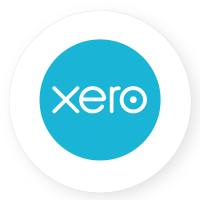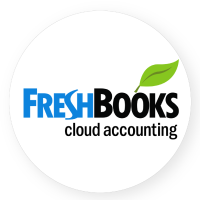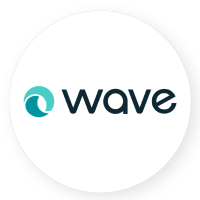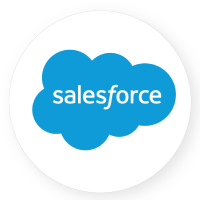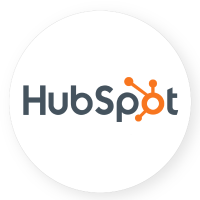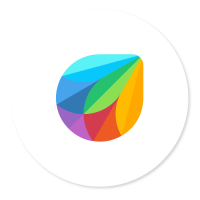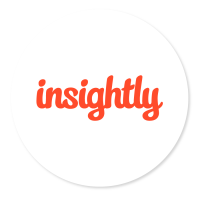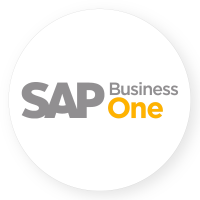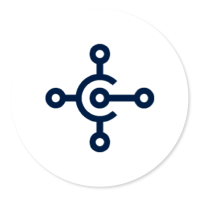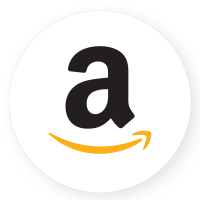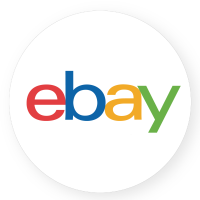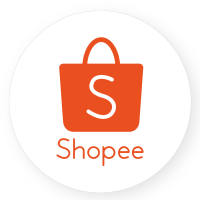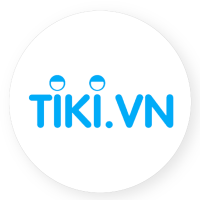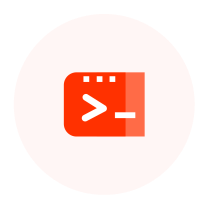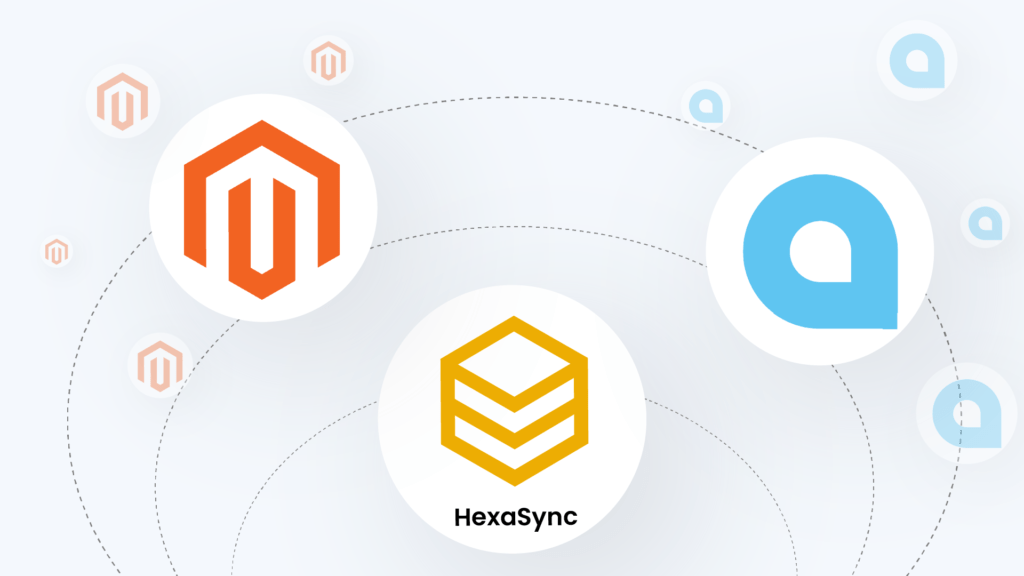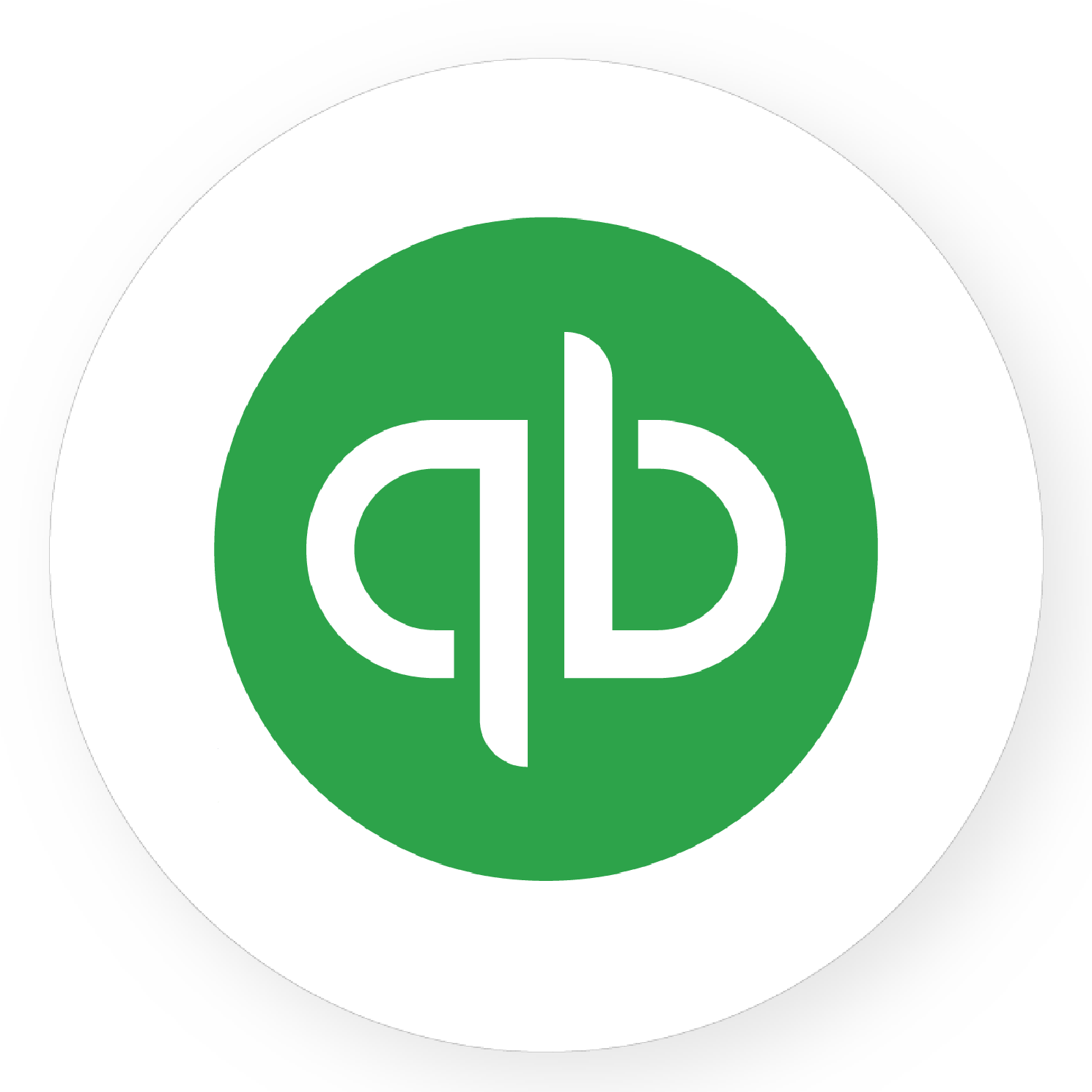As a Shopify store owner, even though Shopify helped you design and set up an online store, as well as other business processes like adding and organizing your products, choosing payment gateways, setting up taxes, and identifying the best shipping rates; you have to be responsible for your own bookkeeping and the financial management of your business. Following the traditional way to handle those accounting tasks is absolutely not a wise way to do it – that’s why you need accounting software to integrate with your Shopify store.

Table of Contents
What is Accounting software?
Accounting software is a type of application software that assists bookkeepers and accountants in recording, reporting, and processing a company’s financial transactions with functional modules such as accounts payable, accounts receivable, journal, general ledger, payroll, and trial balance, etc. In another word, accounting software functions as an accounting information system to make accounting calculations easier to perform, understand, and analyze. It is an invaluable resource for modern businesses.
What are the common features of Accounting software?
As an accounting solution cannot work without General Ledger (GL) and Chart of Accounts (COA), all accounting software includes features for GL and COA to make up the foundation of the financial system. Besides, accounting software also offers Accounts Payable (AP) and Accounts Receivable (AR) but the level of support of different accounting systems will be different.
Accounting software for medium to large companies often includes more advanced features such as budgeting and forecasting. However, those features often require independent integration with the most popular accounting solutions to be delivered as point solutions that can be used with any accounting system.
Effective accounting software should have potent features and be flexible enough to allow companies to integrate with other solutions for advanced features. But basically, each module has its own core features.
General Ledger (GL) and Chart of Accounts (COA):
- Journal entries
- Tags and dimensions
- Audit trail
Account Receivable (AR):
- Invoice Customization
- AR automation
Accounts Payable (AP):
- AP automation
- Purchase Orders processing
- Payment processing
Collections automation:
- Payment Reminders
- Send Invoices
- Balance sheets
- Cash flow statements
Cost management – its features are used to capture, classify, and analyze different types of costs to calculate how much a company spends on each product and service they deliver. The final price of a product or service and the profitability of a company are determined by both internal and external factors.
Cash flow management – its features are used to collect, manage, and use cash. This module can also be used to track the liquidity of a company.
Reporting and KPIs – general financial reporting in accounting software often covers all the standard financial statements as well as meets the basic needs of the company. Other standard reports in most accounting tools are AR aging reports, inventory valuation, cash flow reports, etc. Managers and business owners also have the need for mobile apps or mobile-friendly reports to always be able to access their accounting system.
Some additional features for accounting software that are not always required for small businesses such as:
- The multi entity or consolidation
- Recognition rules
- Reconciliations
- Time and expense and payroll processing
- Custom reporting
- Budgeting and forecasting
- Dashboards
- Platform:
- Customization
- Workflow capability
- User, role, and access management
- Internationalization
- Output document generation
- Integration:
- Data import and export tools
- Integration APIs
- The breadth applications
Why do you need Accounting software for Shopify?
Accounting software can help track and organize financial data, producing an accurate, real-time look at the business finances. It enables automating tiresome accounting tasks and contains advanced features or add-ons such as payroll, shipping inventory, and project management to streamline other aspects of the business.
With less human involvement in accounting tasks, here are the benefits of accounting software for small businesses:
- Automation – through automated calculations and streamlined workflows, the whole accounting process is sped up.
- Data accuracy – by removing the risk of human error in calculations.
- Data organization – enables accessing data in a central location.
- Compliance – by enhancing the activities that impact regulatory standards.
- Reporting – enables quick pull together of various accounting reports.
- File sharing – conveys accounting data to several departments across the organization.
No matter what type of your company is, from small-sized businesses to enterprise companies or nonprofit organizations, as long as your organization has an accounting or finance team, accounting software is necessary.
Things you need to consider when choosing an Accounting software
When it comes to choosing accounting software, there are various things you need to keep in mind. And the factors accordingly listed below are some key factors to consider when selecting accounting software for your business.
Depending on what size of your company is, how your business operates and how much money it makes, you will have different accounting needs. You might want to consider specialized software that is designed to help businesses in your niche such as the manufacturing sector, for retailers and restaurants, or for many other types of businesses.
Besides, an accounting application is still only a tool and those who use the software must know why they need it and what to do with it. Therefore, it’d be better for you to talk with your accountant or anyone who will use the software to decide which modules and features that your business needs to put on top of priority.
What type of Accounting software would you like to use?
There can be huge differences between the types of accounting software. Overall, there are 3 major types of accounting software, which are:
Database Accounting Software
Big companies, banks, and large corporations often use this type for its flexibility, security, and ability to handle complex accounting tasks. However, it is also expensive and requires high costs for maintenance.
Installed Accounting Software
This is accounting software in the form of CDs or DVDs which you need to install on your desktops or laptops. Startups, small to medium-sized enterprises choose this type of software because it is easy to install and various accountants can use it.
However, it is difficult to customize, difficult to use in multiple locations and it has a limitation to the number of PCs that can use the software due to restrictions by the manufacturer, data is available on your computer or laptop only and it is not available online and cannot be shared to others.
Cloud Accounting Software
Nowadays, cloud-based accounting software is more popular for startups and small-sized companies because it is less expensive. Your data is available online and can be accessed anytime and anywhere, and it is easy to connect the system with your online bank account. Some cloud-based business management software is integrated with accounting software. This makes it easier for you to access your financial information from anywhere.
Your budget
There is a wide variety of accounting software to suit all budgets. A general application for a broader user base can be downloaded free or bought at a lower price. And the more specialized the software is, the more expensive it gets.
You should consider your business needs and budget to choose the accounting software that is most suitable for your company. Most new accounting tools were born in the cloud; their pricing models are usually based on the number of users.
The cloud is usually a better option for small business accounting due to its lower cost. Many vendors that offer on-premises solutions also provide a cloud version of their software. Most customers who use on-premises tools purchase a perpetual license based on the number of users and pay an annual maintenance fee.


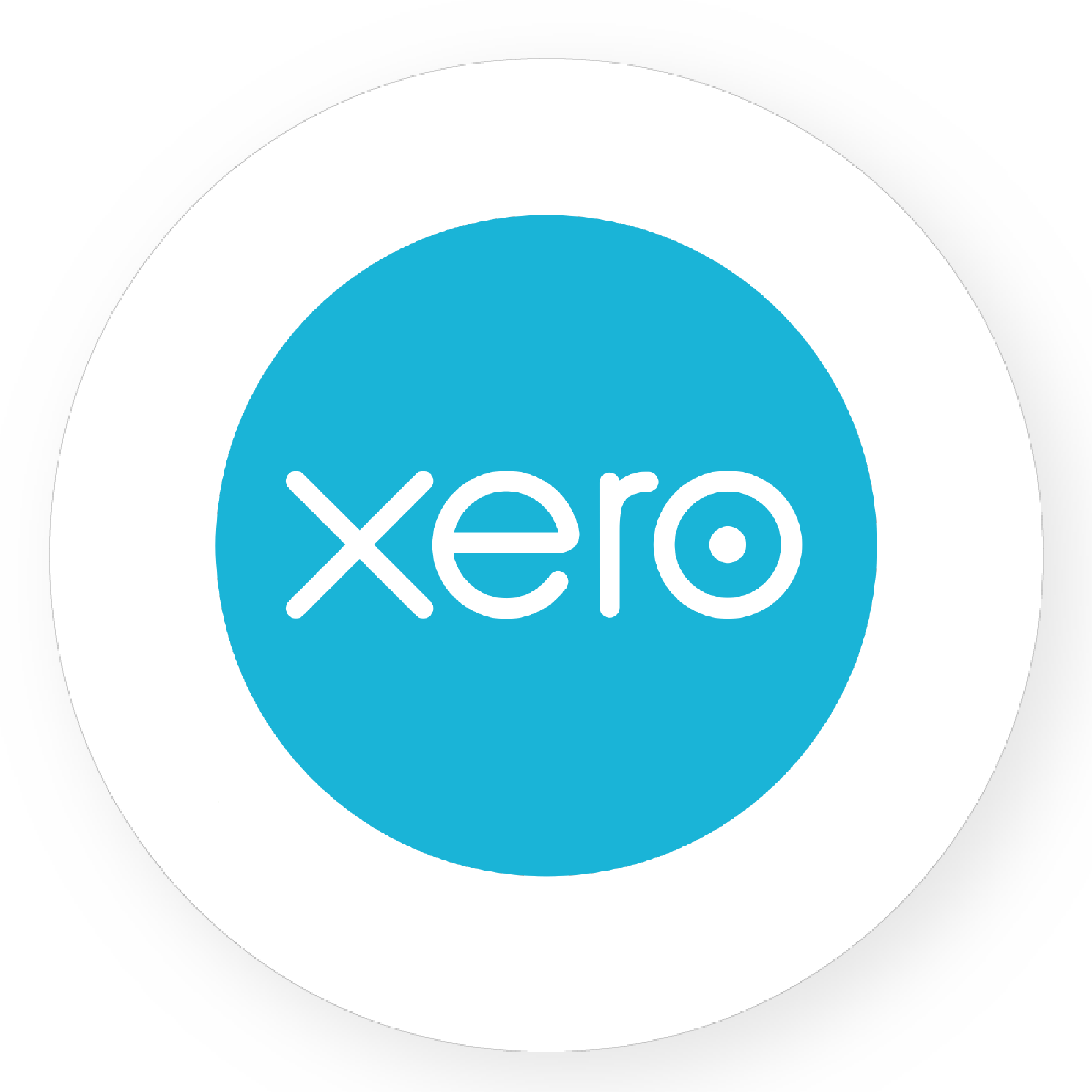
Shopify Xero Integration



Shopify Zoho-books Integration


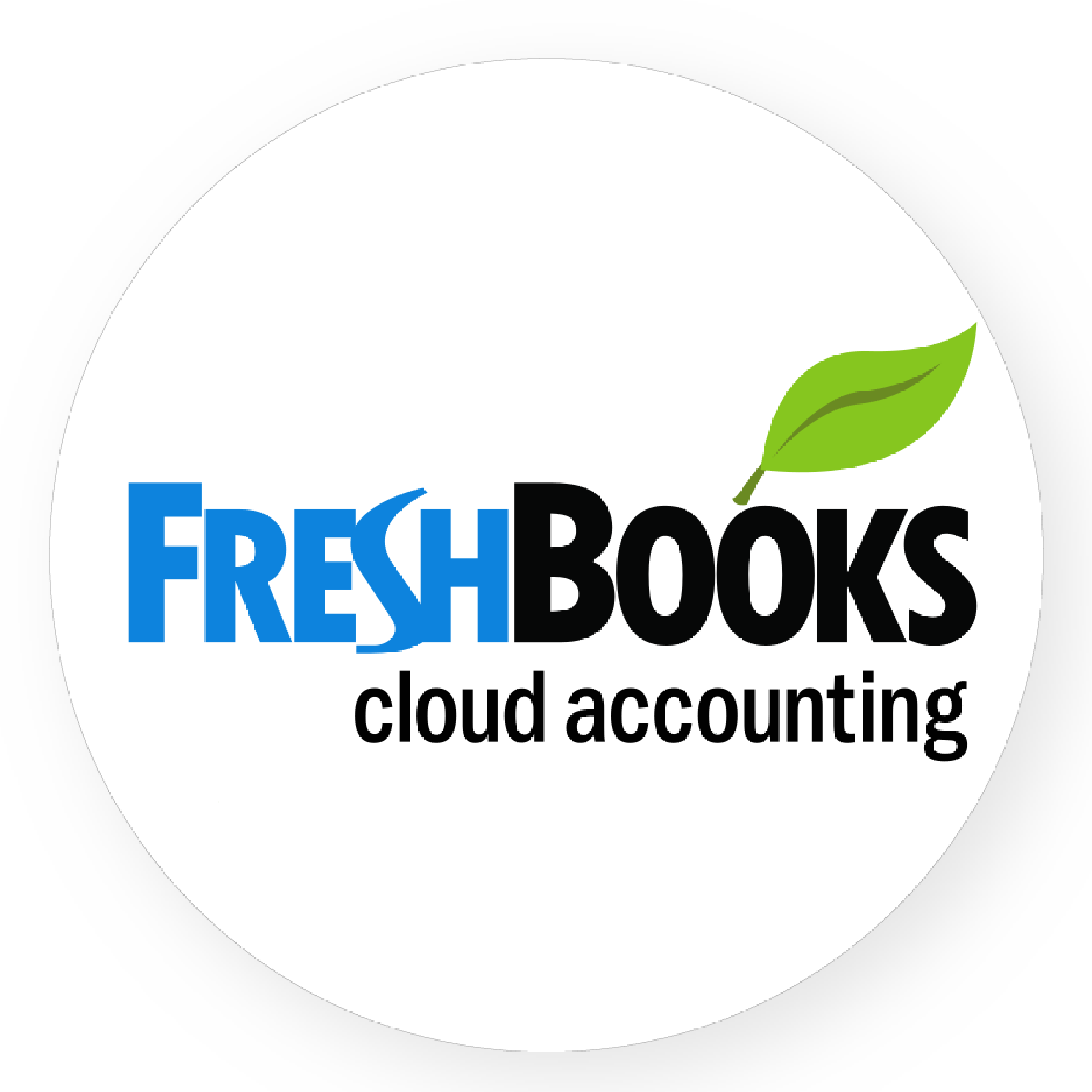
Shopify FreshBooks Integration


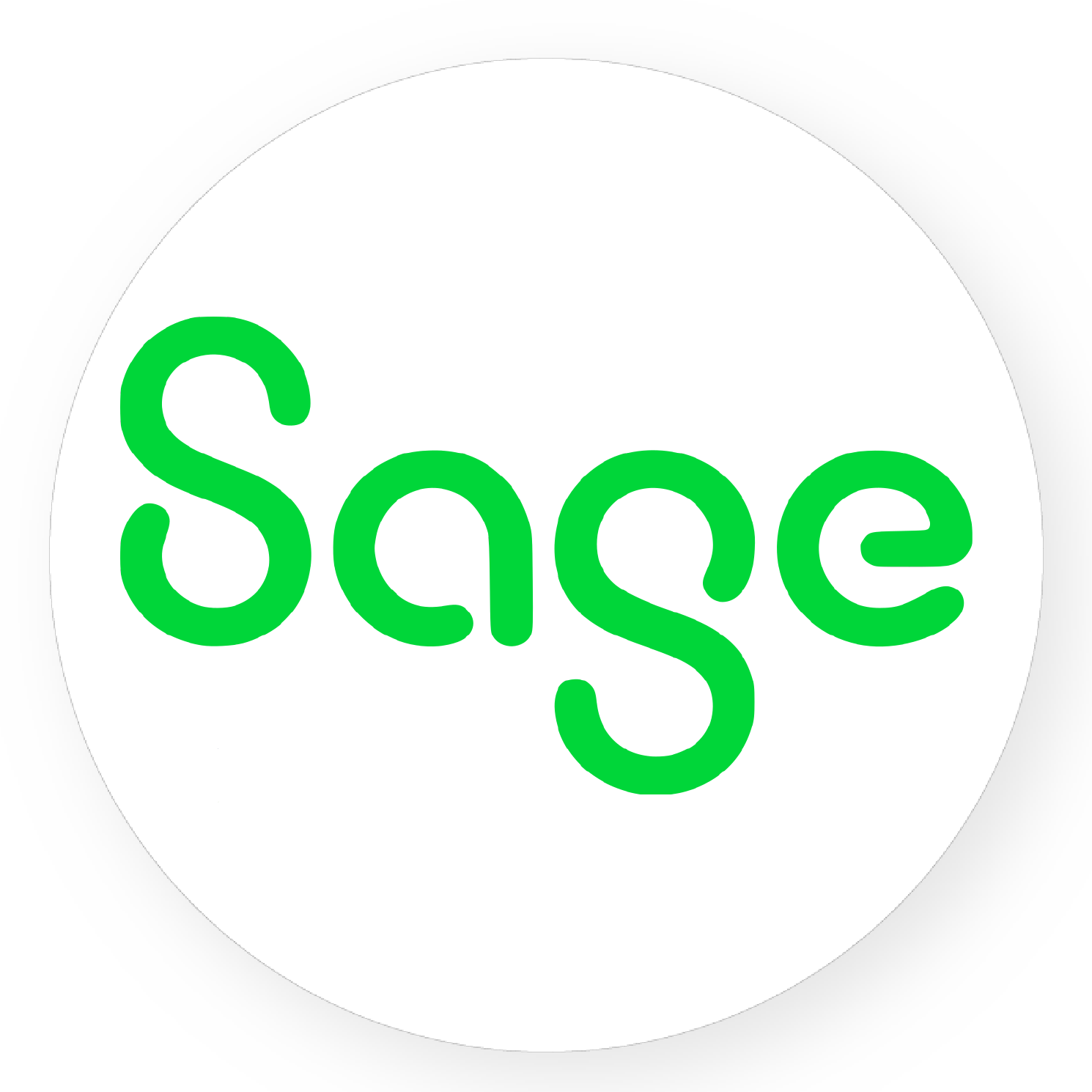
Shopify Sage Integration
Best Accounting Software for Shopify Integration
To automate your business processed, you will want your accounting software integrated effectively with your Shopify store so that your transactions transfer to the software seamlessly. The list of accounting software below includes top accounting software that most Shopify users use – it might help you a lot in opting for an accounting software for your Shopify store.
1. Xero

Xero is cloud-based accounting software for small business owners to manage their financials more efficiently. Users have access to their cash flow in real-time from any device so they can work on the go. Xero also offers features that help businesses get paid faster, like quick bank reconciliation and online invoicing.
Key features
- Accounting dashboard
- Accounts payable (AP)
- Bank reconciliation
- Invoicing
- Inventory management
- Expense management
- Projects
Review
Advantages
- Accessible to client’s bookkeeper or accountant for easier collaboration
- All pricing plans support unlimited users
- Optional full-service payroll with Gusto (a modern, online people platform that helps small businesses take care of their teams)
- Strong cash flow reporting
- Invoice workflow automation
- Variety of app integrations
- Clean, intuitive navigation
- Mobile app
Disadvantages
- Forecasting functionality and phone support are not offered
- Expensive for high volume sellers
- Limited multi-currency support
Pricing
Xero offers three main monthly subscription pricing tiers: Early, Growing, and Established.
Early – The Early plan costs $11 per month and offers the ability to:
- send 20 invoices and quotes
- enter five bills
- reconcile unlimited bank transactions
- capture bills and receipts with the Hubdoc app
Growing – The Growing plan costs $32 per month and includes unlimited invoice and quote sending and bills.
Established – The Established plan starts at $62 per month and supports multi-currency, expense management, and project tracking.
2. QuickBooks Online
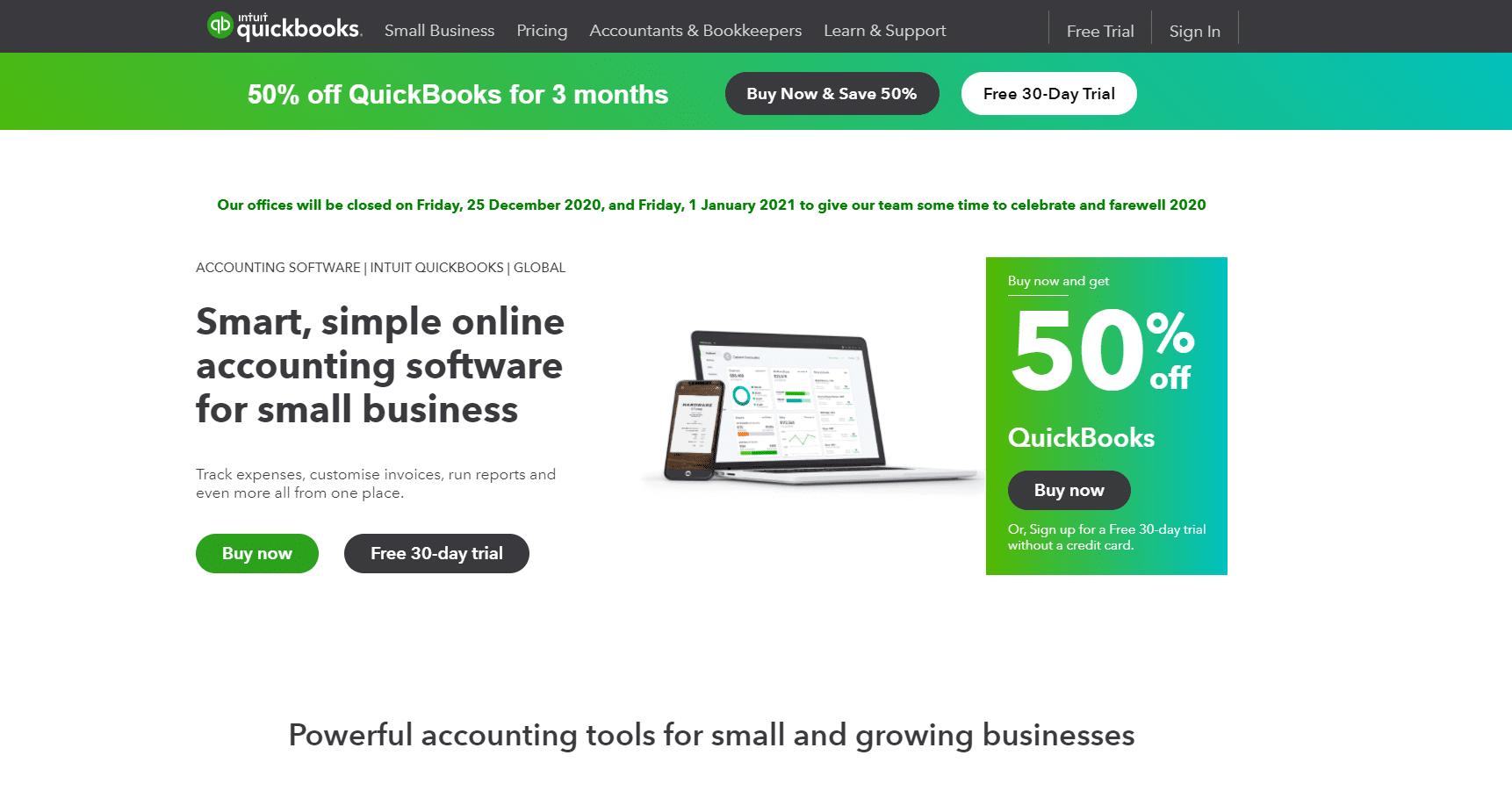
QuickBooks is a robust accounting solution that enables businesses to lessen the effort and time they put into routine accounting tasks. Integrated tools help with drafting invoices, reconciling bank records, monitoring financial reports, and tracking expenses.
In addition, it allows users to import data from third-party apps, such as American Express, Square, and PayPal, making it convenient to record and categorize all incoming and outgoing transactions. QuickBooks offers both an online and on-premise version of its software.
Key features
- Income & Expense Tracking
- Bill Management
- Comprehensive Reporting
- Invoicing & Payments
Review
Advantages
- Free trial
- The attractive user interface, customizable report templates
- Simple setup process
- Strong support in the user community
- Excellent reporting capability
- Good mobile apps
- Robust machine learning features
Disadvantages
- Adding transactions from bank feeds is time-consuming
- No option to sync QuickBooks Online with QuickBooks Desktop and vice versa
- Inventory management is costly
- No multi-entity support
- Maybe too much functionality
Pricing
QuickBooks Online offers four pricing tiers with monthly subscriptions.
- Simple Start: $25 per month ($12.50 per month for first three months)
Allows users to track income and expense, track sales and sales tax, send invoices, accept payments, estimate quarterly taxes, manage 1099 contracts and run reports.
- Plus: $70 per month ($35 per month for first three months)
Has all the features of the Simple Start plan, plus bill payments, time tracking, project tracking, and inventory tracking capabilities. It also accommodates up to five users.
- Advanced: $150 per month ($75 per month for three months)
Has all the features of the Plus plan, plus business intelligence, batch invoices, customized access by role, a dedicated account team, on-demand online training, automated workflows, and the ability to restore company data. It also accommodates up to 25 users.
3. FreshBooks
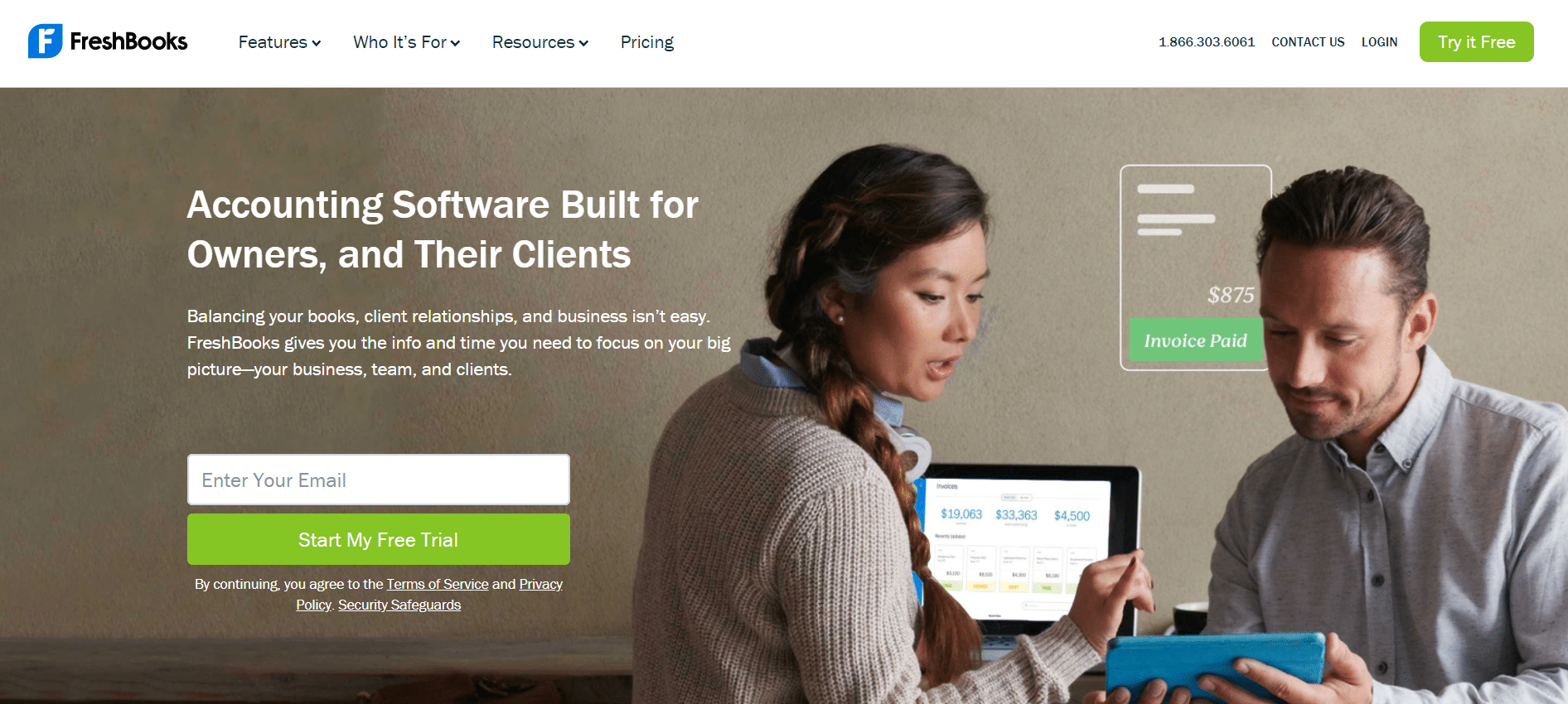
FreshBooks is a cloud-based all-in-one accounting software that helps small businesses better maintain their operations. It includes automated tools that streamline processes, such as invoice processing and payment collection. In addition to managing their finances, users can track their projects, too. FreshBooks also has a mobile app, so users can create invoices, capture expense receipts and connect with their clients on the go.
Key features
- Client Hub
- Accounting
- Invoicing
- Expense management
- Payments
- Reports
Review
Advantages
- Ability to offer customers flexible payment methods
- Project management and time-tracking features, mobile app for creating invoices and updating expenses on the go.
- Excellent mobile functionality
- App integrations
- Super-simple to use
- Great customer service
- Multi-currency options
Disadvantages
- A robust Accounts Payable solution is not currently offered
- Multi-user pricing gets expensive quickly
- Limited reporting capabilities
- Not necessarily designed for retailers
Pricing
FreshBooks has four pricing plans (based on annual billing).
- Lite – The Lite plan costs $15 per month for up to five billable clients. It includes unlimited invoicing, unlimited expense entries, unlimited estimates, unlimited time tracking, tax reporting, online payments (e.g., credit card, ACH transfers), and automated bank import. If a company wants to add team members to the account, it costs an additional $10 per person, per month.
- Plus – The Plus plan costs $25 per month for up to 50 billable clients. It includes all the features of the Lite plan, plus unlimited proposals, automated recurring invoices, double-entry accounting reports, scheduled late fees, automated payment reminders, and client retainers. The advanced payments feature costs an additional $20 per month.
- Premium – The Premium plan costs $50 per month for up to 500 billable clients. It includes all the features of the Plus plan.
- Select – The Select plan is intended for companies that have over 500 billable clients and require custom services. It includes a personal Account Manager, customized end-user training, lower credit card transaction fees, and integration to Xero and QuickBooks.
4. Zoho Books
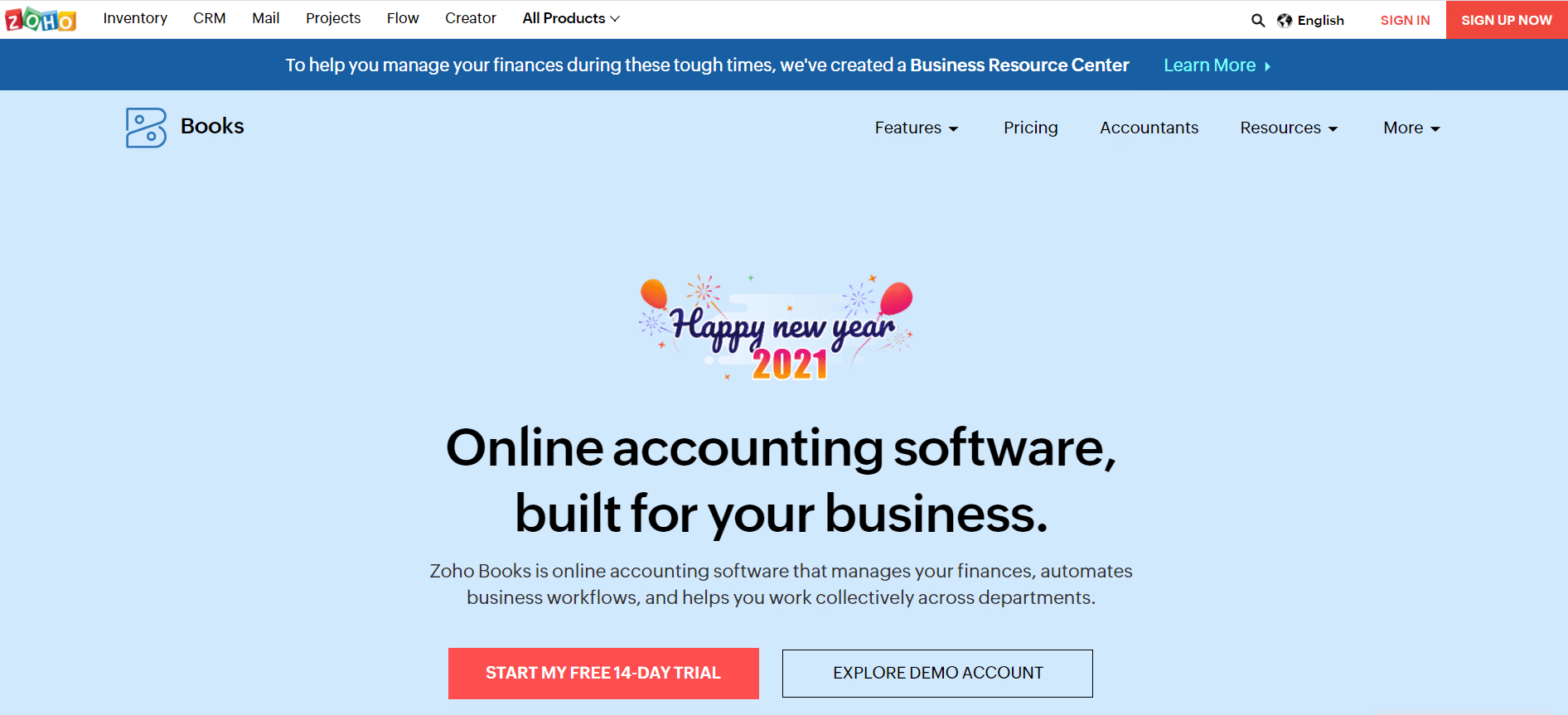
Zoho Books is an accounting software made for freelancers and small businesses across various industries. This accounting software is widely considered easy to learn and use. Any Shopify seller already using software from the Zoho ecosystem will certainly find it simple to implement and learn. Those who aren’t in the Zoho ecosystem may experience a little bit of a learning curve, but its flexibility and comprehensiveness will likely outweigh any challenges in this regard.
Key features
- Contact Management
- Project Time Tracking
- Online Payments
- Invoices
- Inventory Management
- Invoice Templates
- Expenses
- Automatic Bank Feeds
- Mobile Apps
- Purchase Order
- Collaborative Client Portal
- Exhaustive Reports
- Sales Order
- Accounting
- Tax
Review
Advantages
- Comprehensive, flexible platform
- Responsive customer service
- Strong mobile apps
- Full ecosystem available
- Relatively cost-effective
Disadvantages
- Not designed for sellers with multiple shops
- Bank feed sometimes is glitchy
- Maybe too much functionality for smaller sellers
Pricing
It offers three price plans with similar pricing to QuickBooks: Basic, Standard, and Professional.
The Basic plan is $9/month and includes 50 contacts, accountant access, and 5 automated workflows. You can send custom invoices, automatically reconcile your bank accounts, track expenses and create projects and timesheets.
The Zoho Books’ most popular option is its Standard plan. It’s $19/month and allows two users plus an accountant, up to 500 contacts, and 10 automated workflows. This plan also includes bill organization, vendor credits, and reporting tags.
The Professional Plan is $29/month and includes unlimited contacts, 10 users, and 10 automated workflows, as well as additional features like inventory management and a custom domain.
5. Sage 50cloud
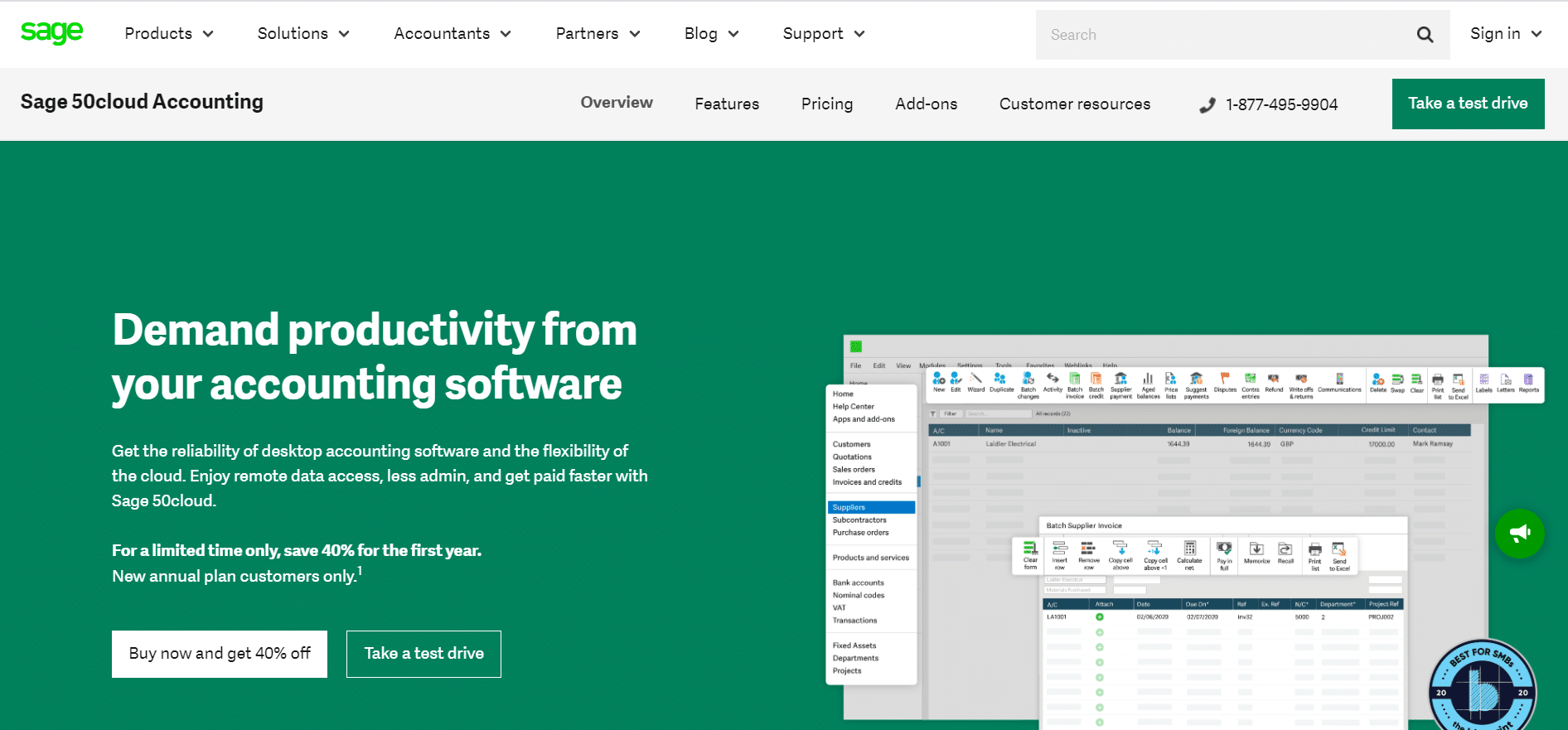
Sage 50cloud (formerly Peachtree Software) is a comprehensive accounting solution for small businesses. It provides core functionality, such as A/R and A/P, customer management, and financial reporting with premium features, such as detailed profitability tracking, cash flow forecasting, and custom reporting, comes standard.
Key features
- Tracking/Mobile Payment
- Online Payment
- Inventory/Stock Management
- Activity dashboard
- Bank reconciliation
- Budgeting & forecasting
- Collaboration tools
- Financial analysis
- Forecasting
- Trend analysis
Review
Advantages
- Robust accounting functionality
- Multi-entity options
- Excellent compliance features
- Comprehensive reporting module
- Integrates with Office 365
Disadvantages
- Outdated interface
- No mobile apps
- Expensive
Pricing
Sage 50cloud offers three enterprise pricing packages for users to choose from.
Pro Accounting package starts from $29.08 per month for one user, with:
- Desktop software with online access
- Access to built-in payments and payroll processing
- Pay bills and get paid
- One-click financial, sales, & tax reports
Premium Accounting package starts from $45.75per month for up to 5 users (billed in one annual payment), with:
- Desktop software with online access
- Access to built-in payments and payroll processing
- Pay bills and get paid
- One-click financial, sales, & tax reports
- Manage inventory, automate purchase orders
- Set user permissions to protect sensitive information
Quantum Accounting package starts from $124.92 per month for up to 1- user (billed in one annual payment), with:
- Desktop software with online access
- Access to built-in payments and payroll processing
- Pay bills and get paid
- One-click financial, sales, & tax reports
- Manage inventory, automate purchase orders
- Set user permissions to protect sensitive information
- Track jobs, projects & profitability
- Manufacturing, construction, distribution features
6. Wave

Wave Apps is a free and well-integrated business platform that combines accounting, invoicing, and receipt scanning into one compact and straightforward package. It is an excellent option for small businesses (less than 10 employees) that are still starting as well as self-employed professionals including entrepreneurs, freelancers, and consultants.
Key features
- Accounting
- Invoicing
- Payroll
- Receipts
- Tax Calculations and Deductions
- Yearly Record Keeping
- Direct Deposit
- Direct CreditCard Payments
- Integrations
Review
Advantages
- Free, no hidden charges and undeclared fees
- Unlimited transactions, clients, and receipt scans
- Easy to set up and use
- Sales tax/VAT recordkeeping
- Multi-currency support
Disadvantages
- Limited mobile apps
- Better for smaller businesses
- Weak customer support
Pricing
| Feature | Pricing |
| Accounting | Free |
| Invoicing | Free |
| Receipt Scanning | Free |
| Payroll | $20/month+$4 per each additional employee+$4 per each additional independent contractor |
| Payments | Credit Card: 2.9% + 30cBank Payments: 1% (minimum $1 fee) |
The next step?
If you have chosen suitable accounting software for your store, then what should be the next step?
Integrating your accounting software with your Shopify is one of the most important stages to help you automate your business processes. It helps you run more details on financials, customers, inventory, vendors, employees, taxes, etc. These reports will give you a more detailed view of overall business performance than only using Shopify.
However, integrating your Shopify and your accounting software is not an easy task for non-technicians. That is the reason why having an integration solution provider will help you save time to focus on other important tasks.
How to connect Accounting software to Shopify?
Here at Beehexa, we also provide Shopify ERP Integration and other integration products as well. We have delivered numerous successful integration projects with our self-developed middleware called HexaSync. Our solution is tailored to each customer. We can help you to connect any software and applications, no matter they are legacy systems or modern SaaS applications, and it definitely makes your future integration projects easier as well as time and cost-saving.
You can request a free demo and consultation for Shopify integration at any time for further information.
Final Words
All businesses, even the smallest ones, can benefit from accounting software. However, manually handling accounting tasks by old methods can take up your valuable time and be more prone to accounting errors than software. Thus, if you expect your Shopify store, and your business as well, to grow up in the future, having an accounting software Shopify integration project is crucial to that prospect.
If you need any help, contact us now!


